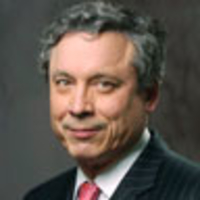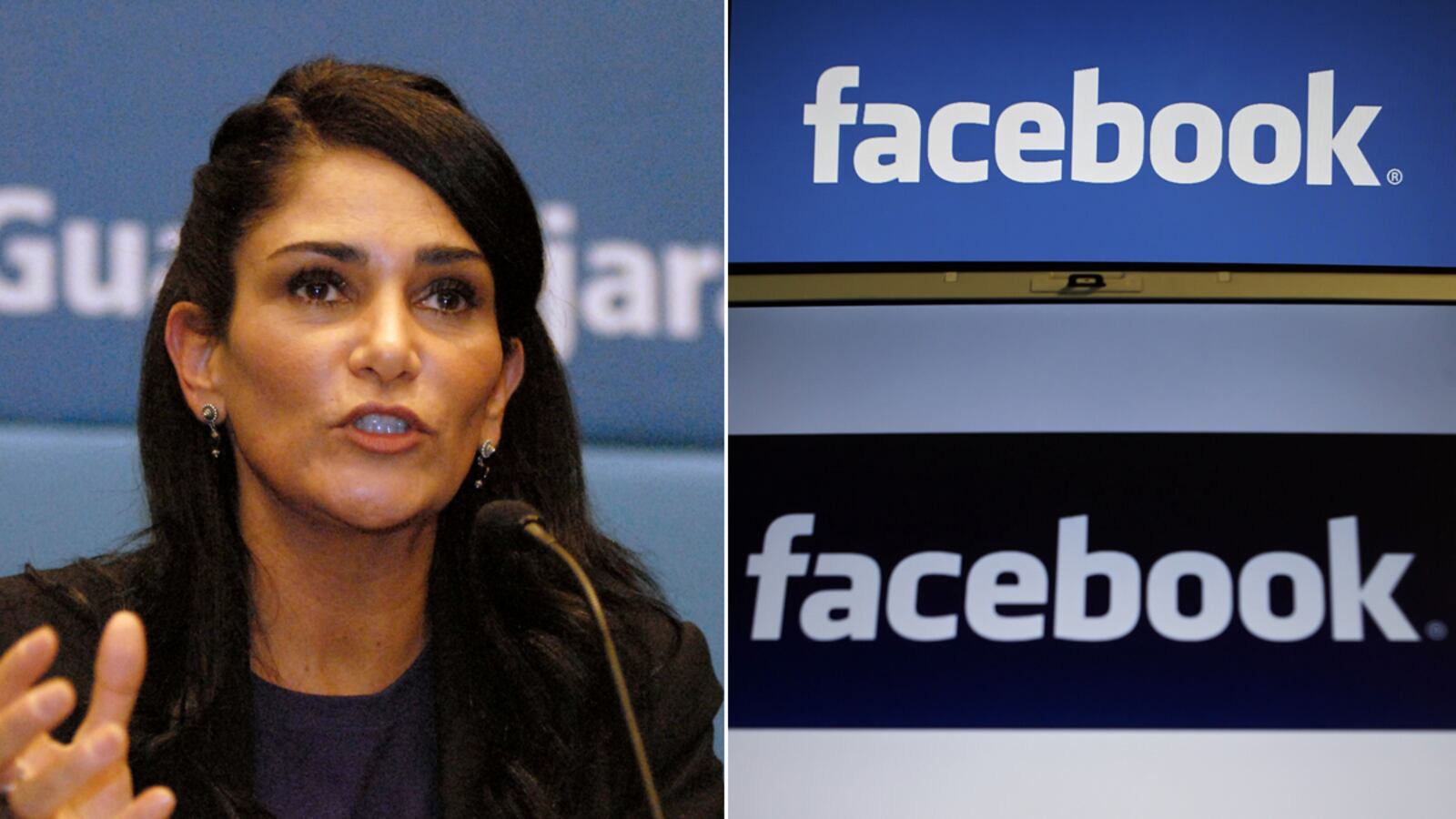A prominent human-rights advocate has accused Facebook of becoming the stomping grounds for sex predators, traffickers, and child pornographers.
Lydia Cacho Ribeiro, a Mexican journalist and activist known for busting pedophile rings, made the comments in New York on Wednesday night, while accepting the Civil Courage Prize from the Train Foundation, an organization that awards an annual $50,000 prize to activists. Cacho Ribeiro challenged United Nations Under-Secretary General Michelle Bachelet and 130 others in attendance to join her new campaign to pressure Facebook to take serious action against child abusers.
“If anyone has the power to do it, talk to the owners and CEO of Facebook to stop child pornography that is going on Facebook every day,” she said. “We are seeing thousands of children—babies from 2 and 3 months old to girls from 7 to 10 years old—that are being sold, and having pictures taken by guys, predators, on Facebook,” she continued. “Stop Facebook. Tell them to stop child pornography.”

Facebook strongly denied the accusations when contacted by The Daily Beast. Joe Sullivan, the company’s chief of security, said Facebook’s security software constantly searches the site’s pages for evidence of sexual predators and child abusers. Every picture uploaded by Facebook users is run through a program called “Photo DNA,” he said, to look for possible matches with offenders. The company saves the data, he said, and makes referrals to law-enforcement agencies.
The company concedes that it is under attack from offenders all the time. When an offender is “trying to target someone on Facebook, that person is going to lie about their name or age or both…our systems are designed to prevent that kind of abuse,” said Sullivan. “When someone is creating a fake account on Facebook to try and solicit 15-year-old females…they are going to send all their ‘friend’ requests to 15-year-old girls. That is going to be caught in our filters. It is going to be flagged and their accounts are going to be disabled.”
Facebook says it is available in 70 languages and has more than 800 million users, who upload nearly a billion pictures a day. The company will not reveal how many customer profiles it has for minors, but outside researchers estimate Facebook has profiles for more than three million girls, ages 13 to 17, in the United States alone. The company also declines to release any statistics about the numbers of Facebook pages it closes as a result of detecting possible abuse.
Cacho Ribeiro first gained international attention as a journalist and activist in the '90s in Cancun, Mexico, where she established a high-security shelter for female victims of domestic violence and human trafficking. In her book, Demons of Eden, published in 2004, Cacho exposed a high-profile businessman and politicians involved in a child pornography ring. Now an award-winning author of seven books, she recently accused the Mexican drug cartels of smuggling underage girls to the U.S. for prostitution.
When told of Facebook’s response to her criticism, Cacho Ribeiro said she questions the company’s resolve. She added that Facebook has taken down her own page and those of several other critics of Facebook, a charge that the company had no immediate comment about.
There has been no comprehensive national or international study of how effective Facebook has been in stopping sexual predators or how well it has helped prosecutors develop cases, says Scott Burns, executive director of the National District Attorneys Association. He said, “By the sheer volume, I would say Facebook has some basis to say, look, we do the very best we can, but in the same breath, we are not the international police agency of social media. We simply don’t have thousands of trained investigators combing Facebook and following up cases. It is up to law enforcement to make the request and seek assistance, and then hopefully it is up to Facebook to comply as best they can under the law.”






